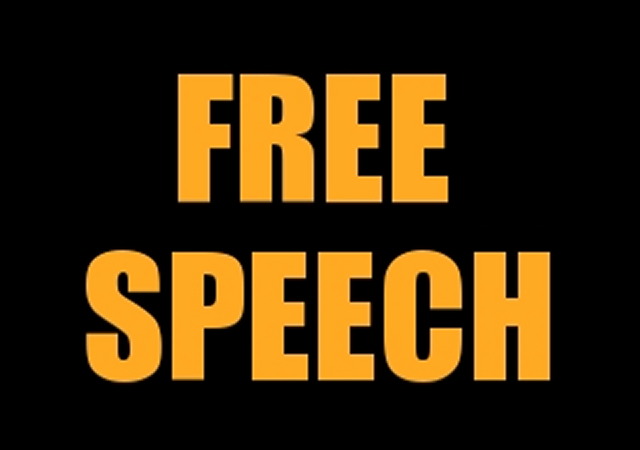Are DEI Policies Standing in the Way of Free Expression at Cornell?
“free expression cannot coexist with DEI”

Professor Randy Wayne of Cornell seems to think so.
He writes at the New York Post:
Cornell wants to ‘express itself’ but ‘diversity, equity, inclusion’ are in the way
When I heard that Martha Pollack, president of Cornell University, would announce that Free Expression will be the theme for the 2023-2024 academic year, I was delighted.
It seemed like Cornell was turning a corner from its poor record on free expression documented by the organizations such as the Foundation for Individual Rights and Expression (FIRE) and the American Council of Trustees and Alumni (ACTA).
Indeed, just before her announcement, Pollack had given two wins to free expression.
She rejected a Student Assembly resolution to mandate content warnings for traumatic content in the classroom, and for her bravery, she won the Cojones Award from alumnus Bill Maher.
But when I read what Pollack had to say, I realized that the Free Expression theme was actually a ruse.
Pollack had stacked the steering committee with diversity, equity, and inclusion (DEI) scholars.
I wrote individually to each member requesting links to their work on free expression —and heard, even up to today — nothing but crickets.
Then the campus paper the Cornell Daily Sun reported that Pollack will defend DEI as strongly as she defends free expression.
This is a tragedy because free expression cannot coexist with DEI.
 DONATE
DONATE
Donations tax deductible
to the full extent allowed by law.








Comments
Realistically, given the current faculty and what they have been trained to “profess” to get hired, how could you staff a steering committee that did not have mention of “DEI” in their backgrounds?
The only viable approach is to judge the steering committee by its work product. Although the President does not serve on the steering committee, her Chief of Staff does.
One important point made at the recent MIT debate on DEI is that there is “good DEI” which recognizes individuals and their capacity to treat others as individuals vs. “bad DEI” which views the world only on the basis of interactions between identity groups.
Professor Wayne’s analysis does not go beyond “name dropping DEI in a resume” to whether the individual advocates “bad DEI.”
Time will tell whether the free expression theme year will succeed or fail.
Are they?
Yes, that’s the point. But we all knew that.